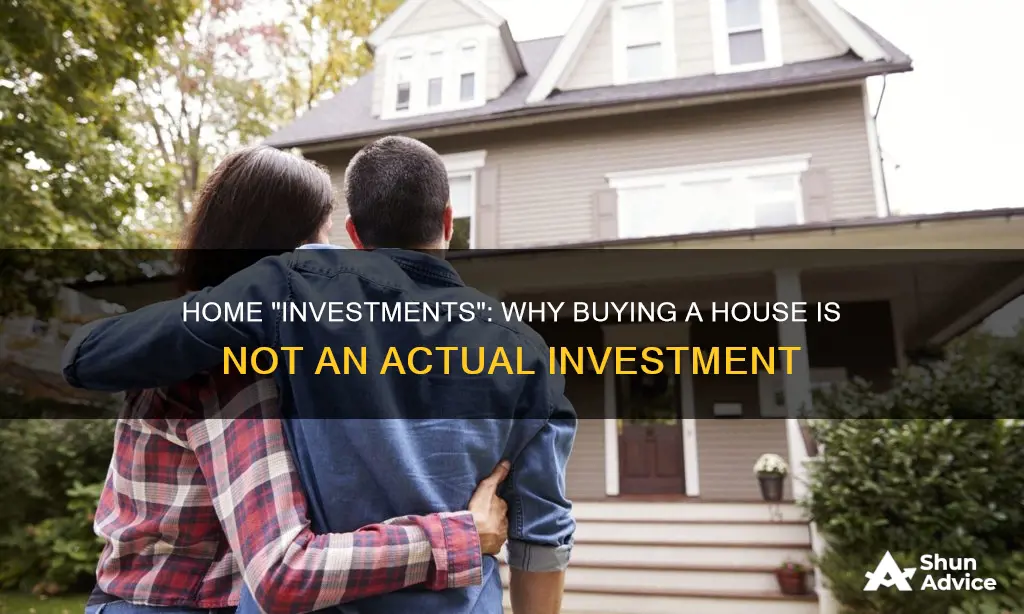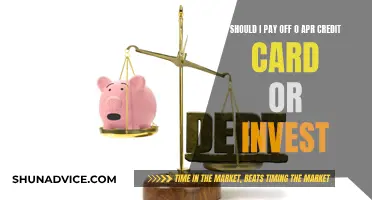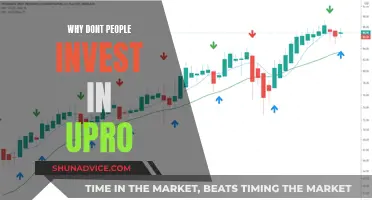
There are several reasons why buying a house may not be considered a good investment. Firstly, a house serves a more important primary purpose of providing shelter, and therefore, one may have limited control over its sale from an investment perspective. Secondly, a house can only be considered an investment if one plans to sell it, as the increase in value over time needs to be realised through a sale. However, selling a house means finding another place to live, which may require using the equity obtained from the sale to fund the new purchase, trapping the equity. Additionally, the carrying costs of owning a home, such as mortgage payments, taxes, insurance, and maintenance, are too high for a house to be considered a true investment. Lastly, a house does not generate cash flow, and appreciation is not guaranteed, especially during times of financial crisis when property values may decline. Therefore, while buying a house can provide a place to live and build equity, it may not be the best investment choice for everyone.
| Characteristics | Values |
|---|---|
| Primary purpose | To provide a place to live |
| Control over sale | Limited, as it depends on lifestyle factors |
| Financial risk | Negative return on investment is possible |
| Appreciation | Not guaranteed |
| Equity | Can be "trapped" |
| Carrying costs | High |
| Cash flow | None |
What You'll Learn

A house has a primary purpose other than investment
A house is not just an investment, it is a place to live. This is the single biggest reason why a house is not an investment. It is not something you can do without, and you will have little control over its sale from an investment perspective. You will likely sell it when it no longer fits your lifestyle, not when it is convenient in terms of a return on investment.
This was proven during the 2008 financial crisis, when many people bought houses at high prices because they needed a home for their families. When the market collapsed, some were forced to sell their homes, experiencing a negative return on their investment as they bought high and sold low.
The prospect of an increase in value alone is not enough to make a house a true investment. A house can only be an investment if you plan to sell it, and even then, the sale needs to happen for a gain to be realised. If you sell your house, you will have to use some, if not all, of the equity obtained from the sale to fund your next purchase. Your equity is then trapped, and you will not make a profit unless you downgrade to a less expensive house or move to a rental.
The high carrying costs of owning a home also make it a poor investment. When you purchase an investment, you typically do not need to put more cash into it for it to make money for you. But with a house, you have to make monthly mortgage payments, pay real estate taxes, homeowners insurance, private mortgage insurance, and utilities. There are also maintenance costs to consider, such as replacing the roof, siding, windows, doors, carpets, and flooring. These expenses can cost thousands of dollars and are known as the 'carrying costs' of homeownership.
In summary, a house should be bought for what it is: a place to live. Anything extra is just a bonus.
GameStop Investors: Who's In?
You may want to see also

The prospect of an increase in value is not enough to make a house a true investment
Firstly, the primary purpose of a house is to provide you with a place to live. Therefore, you will have little control over its sale from an investment perspective. You will likely sell it when it no longer fits your lifestyle, rather than when it is most convenient in terms of a return on investment. This dynamic was evident during the 2008 financial crisis, when many people bought houses at high prices because they needed a home for their families, only to be forced to sell at a loss when the market collapsed.
Secondly, the only way to profit from an increase in a house's value is to sell it, but selling your house means you will have to find another place to live. You will have to use some, if not all, of the equity from the sale to fund the purchase of your new home, meaning your equity is "trapped". Unless you downgrade to a less expensive house or move to a rental, you will not make a profit.
Thirdly, the carrying costs of owning a home are too high for it to be considered an investment. In addition to monthly mortgage payments, you will have to pay real estate taxes, homeowners' insurance, private mortgage insurance, and utilities. Houses also require maintenance and repairs over time, which can cost thousands of dollars. These "carrying costs" are not typically associated with more traditional investments.
Finally, a house will not generate cash flow unless you own an investment property and rent it out. While it is possible to borrow money against the equity in your home, this creates a corresponding liability and puts your house at risk.
In summary, while a house may increase in value over time, this does not make it a true investment. A house should be viewed as a place to live, rather than a financial investment.
Euros as an Investment: A Guide to Buying and Storing European Currency
You may want to see also

A house can only be an investment if you plan to sell it
The idea that a house is an investment comes from the fact that real estate values tend to increase over time. However, the prospect of an increase in value alone is not enough to make a house a true investment.
A house has a more important primary purpose: to provide you with a place to live. This means that you will have little control over its sale from an investment perspective. You will likely sell it when it no longer fits your lifestyle, not when it is convenient in terms of a return on investment.
If you have to use all of the equity from the sale to fund your new home, your equity is "trapped", and you will not make a profit unless you downgrade to a less expensive house or move to a rental situation.
Amazon: A Worthy Investment
You may want to see also

Carrying costs of owning a home are too high for it to be an investment
The carrying costs of owning a home are too high for it to be considered an investment. When you buy an investment, you typically don't need to put more money into it for it to make a profit. However, the same cannot be said for houses.
There are several costs associated with owning a home that can amount to thousands of dollars. Firstly, there are monthly mortgage payments, real estate taxes, homeowners insurance, and sometimes private mortgage insurance. Additionally, utilities such as hydro, gas, heating, cable, phone, and internet can also add up. While these costs vary depending on location and usage, they can be upwards of $1,500 per month.
Another significant expense is maintenance and repairs. This includes routine tasks such as lawn care, plumbing issues, HVAC maintenance, gutter cleaning, and painting. There may also be larger, less frequent expenses, such as replacing the roof, siding, windows, doors, carpets, or flooring. Each of these expenses can cost thousands of dollars and are known as the "carrying costs" of homeownership.
When considering the carrying costs of owning a home, it's important to note that these are ongoing expenses that must be factored into your budget. They can fluctuate with seasons, changes in property value, and other variables. If these costs are not accounted for, they can significantly eat into your profit if you decide to sell your home.
In conclusion, while a house can appreciate in value over time, the carrying costs of owning a home are substantial and ongoing. Therefore, it may not be accurate to consider a house as a traditional investment, as the costs of owning one can be high and impact your overall return.
Maximizing Your Retirement Investments: A Guide to Recording Payments
You may want to see also

Appreciation is not guaranteed
For example, during the financial crisis of 2008, property values did not just stagnate, but most fell, and some fell spectacularly. In such a situation, a house becomes a major liability rather than an investment.
The possibility of a flat or declining housing market cannot be discounted. Should that happen, you may be forced to live in your house much longer than you expected, and you may find that you cannot sell the property or borrow against the equity.
The value of your home depends on a variety of factors, including its location, the broader housing market, the size of the home relative to nearby homes, mortgage interest rates, and the health of the economy.
While there are steps you can take to force appreciation, such as investing in home renovations, increasing rent, or decreasing property expenses, it requires a lot of effort and is not a guarantee.
Therefore, it is important to remember that when buying a house, you are primarily purchasing a place to live, and any financial gains are just a bonus.
Assessing the Investment Strategy: A Comprehensive Guide to Evaluating New Ventures
You may want to see also
Frequently asked questions
A house is not an investment because its primary purpose is to provide you with a place to live. It's not something you can do without, and you will have little control over its sale from an investment perspective. You will likely sell it when it no longer fits your lifestyle, rather than when it is convenient in terms of a return on investment.
True investments don't require the kind of ongoing outlay of cash that a house does. When you purchase a house, you have to make monthly mortgage payments, pay real estate taxes, homeowners insurance, and utilities. There are also maintenance costs and repairs to consider. All of these expenses can add up to thousands of dollars.
When you buy a house, you need to inject a significant amount of capital into the property, even if you take out a mortgage. This money could have been invested elsewhere, earning a higher return. For example, if you buy a $500,000 home and finance 20% of it with equity, that's $100,000 that could have been invested in the stock market or other assets.
Owning a home can cause you to miss out on career and business opportunities because you are tied to a specific place. For example, if you receive a job offer in another city with a higher salary, it may be more difficult to justify the move if you own a home. Renting can give you more flexibility to take advantage of these opportunities and increase your earning potential.







